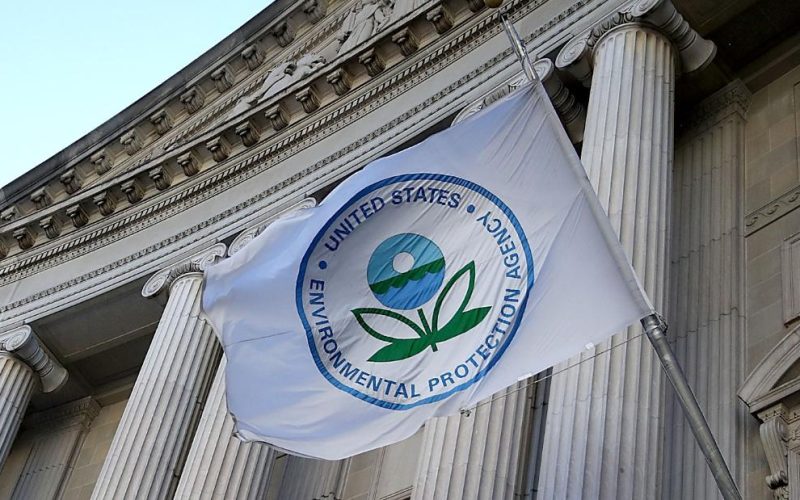The U.S. Environmental Protection Agency (EPA) has proposed scrapping a federal programme that requires around 8,000 facilities to report their greenhouse gas (GHG) emissions, arguing the scheme is an unnecessary burden on business.
The agency said the mandatory collection of data was “not directly related to a potential regulation and has no material impact on improving human health and the environment.” If finalised, the rule would end reporting obligations for most large industrial facilities, fuel and gas suppliers, and CO₂ injection sites.
The proposal follows a day-one executive order by President Donald Trump aimed at dismantling what the administration described as barriers to expanding U.S. energy production, particularly in the fossil fuel sector. It marks the latest in a series of regulatory rollbacks, including plans to repeal the “endangerment finding” that had enabled the EPA to regulate emissions from vehicles and stationary sources. The administration has also moved to withdraw the United States from the Paris Agreement.
The Greenhouse Gas Reporting Program, launched under the Obama administration, covers 47 source categories including power plants, refineries and chemical manufacturers. Its data has been widely used by researchers, states and environmental groups to track the country’s emissions profile.
EPA Administrator Lee Zeldin defended the move, calling the programme “bureaucratic red tape that does nothing to improve air quality.”
But the decision has drawn criticism from the carbon capture and storage sector, which enjoys backing from the Trump administration. Jessie Stolark, executive director of the Carbon Capture Coalition, warned the rollback could undermine investment in technologies intended to reduce industrial emissions.
“This announcement from EPA will not advance carbon storage – something Administrator Zeldin has publicly supported,” Stolark said. “This proposed rule endangers millions of dollars in investments from American businesses in these technologies.”
Environmental advocates have also voiced concern that ending the programme would erode transparency around industrial emissions at a time when global climate commitments demand stronger monitoring and accountability.




















